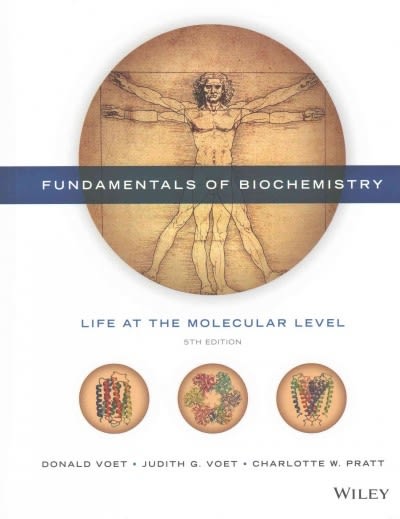Deinococcus radiodurans, which the Guinness Book of World Records has dubbed the worlds toughest bacterium, can tolerate
Question:
Deinococcus radiodurans, which the Guinness Book of World Records has dubbed the world’s toughest bacterium, can tolerate doses of ionizing radiation ∼3000-fold greater than those that are lethal to humans (it was first discovered growing in a can of ground meat that had been “sterilized” by radiation). It appears to have several strategies to repair radiation damage to its DNA (which large doses of ionizing radiation fragment to many pieces) including a particularly large number of genes encoding proteins involved in DNA repair and 4 to 10 copies per cell of its genome, which consists of two circular chromosomes and two circular plasmids. Yet, these strategies, alone, do not account for D. radiodurans’ enormously high radiation resistance. However, in an additional strategy, it organizes its multiple identical dsDNA circles into stacks in which, it is thought, the identical genes in the neighboring circles are aligned side by side. How would this latter strategy help D. radiodurans efficiently repair its fragmented DNA?
Step by Step Answer:

Fundamentals Of Biochemistry Life At The Molecular Level
ISBN: 9781118918401
5th Edition
Authors: Donald Voet, Judith G Voet, Charlotte W Pratt





